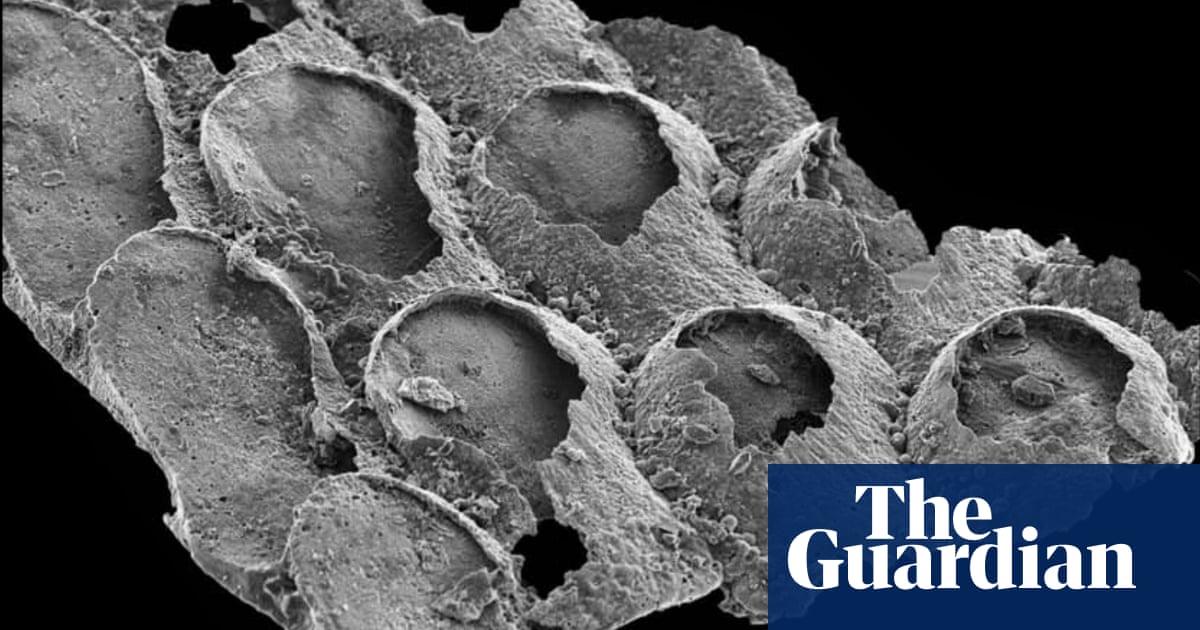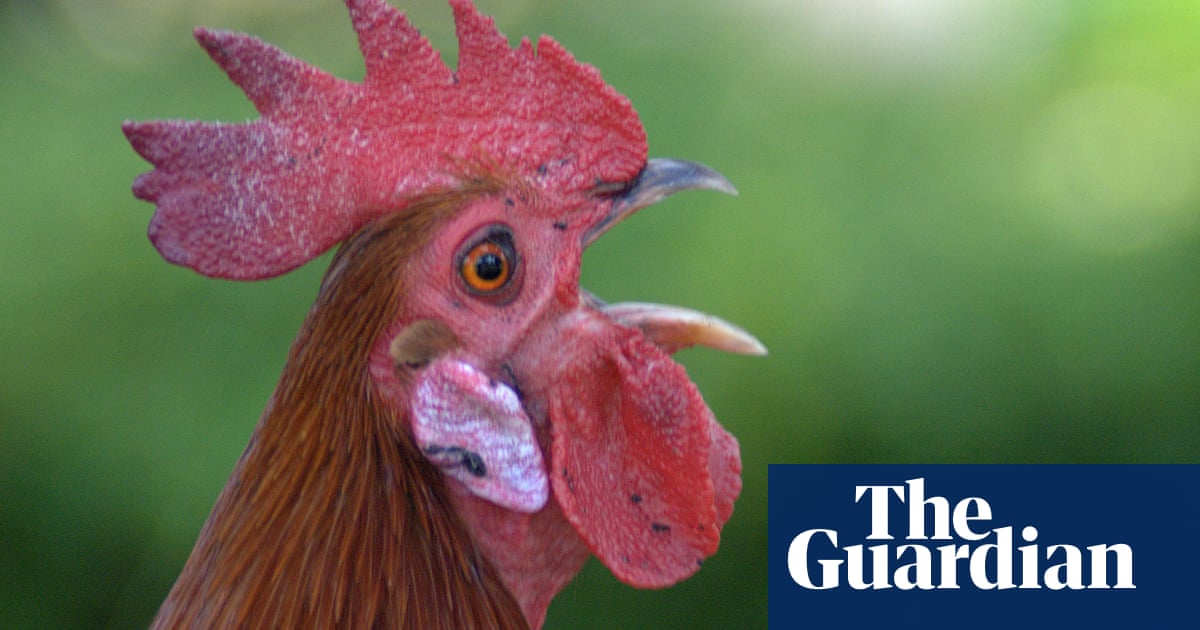
They are cute and furry, and could become the UK’s next major non-native pest.
Raccoon dogs, an exotic member of the fox family that is native to Japan, China and Siberia, are one of the most destructive invasive species at risk of becoming established in Britain, experts say.
A “horizon scanning” study funded by the Department of Environment, Food and Rural Affairs identified the raccoon dog and the raccoon as the only mammals on a list of 20 invasive species likely to reach UK shores and destroy native wildlife or bring disease.
Raccoon dogs were introduced into the old Soviet Union in the mid-20th century, including in Baltic states such as Latvia. Historically farmed for fur, raccoon dogs escaped and have spread rapidly through continental Europe in recent years, colonising northern European countries such as Finland, Sweden and Denmark, despite eradication efforts, and being sighted in France, Germany, Poland and the Netherlands.
The animals have been kept in Britain as exotic pets but since 2019 it has been illegal to buy or sell one. Last year, a wild raccoon dog was captured and killed in Wales. This year, a raccoon dog has been sighted in Lincolnshire and another animal was stolen from a back garden enclosure in Oldham. The animals are renowned as the escapologists of the mammal world.
According to the Mammal Society, which is calling on people to report any sightings of the animals, the omnivorous species could pose a threat to rare native species including amphibians, small mammals and ground-nesting birds. Raccoon dogs can also transmit a number of diseases to humans.
Dr Stephanie Wray, the chair of the Mammal Society, said: “There are a small number of sightings around Britain each year. Luckily, these have been sightings of single animals so far, but wild animal populations can grow remarkably quickly, and the raccoon dog is a very adaptable animal which can breed quickly and survive on a wide range of food.
“We need to be mindful of their potential impact on our native species and report any such sightings as soon as possible. You only have to look at the decimation of water vole numbers, which were already struggling with habitat loss before predation by invasive American mink, to see the damage which can be done over a relatively short period of time.”
Raccoon dogs are classified as an invasive non-native species, which are considered one of the major threats to biodiversity.
While most non-native species cause few problems if they become established in Britain, between 10% and 15% are classified as problematic because they threaten native wildlife or bring disease. According to the government, invasive non-native species including Japanese knotweed and the Asian hornet cost the economy £1.8bn each year.












